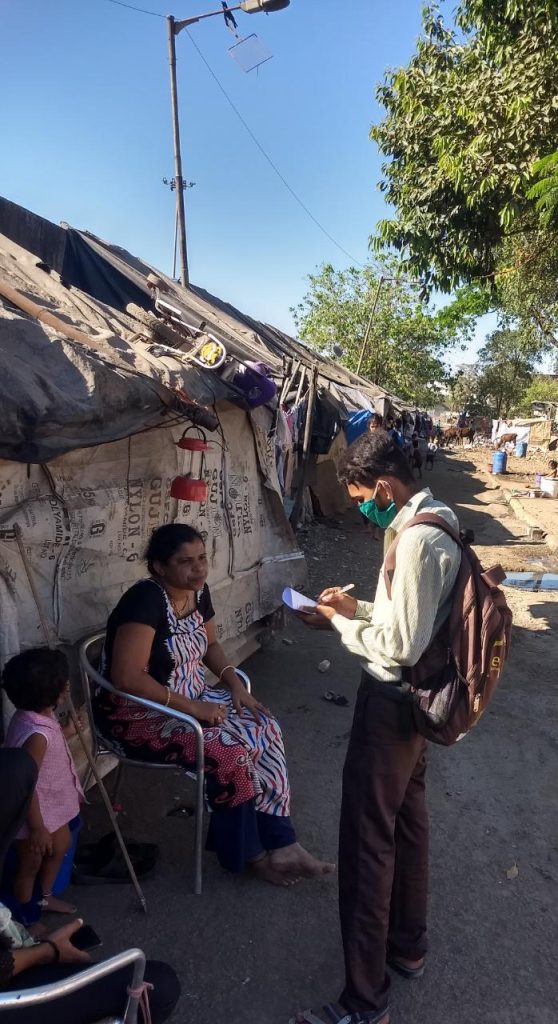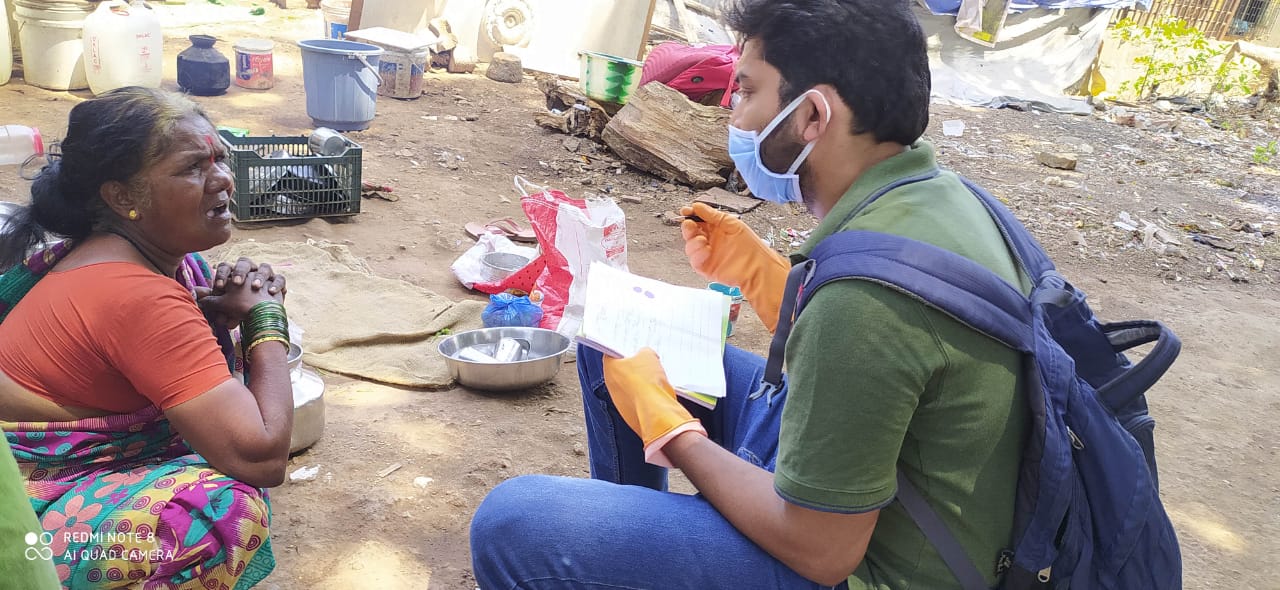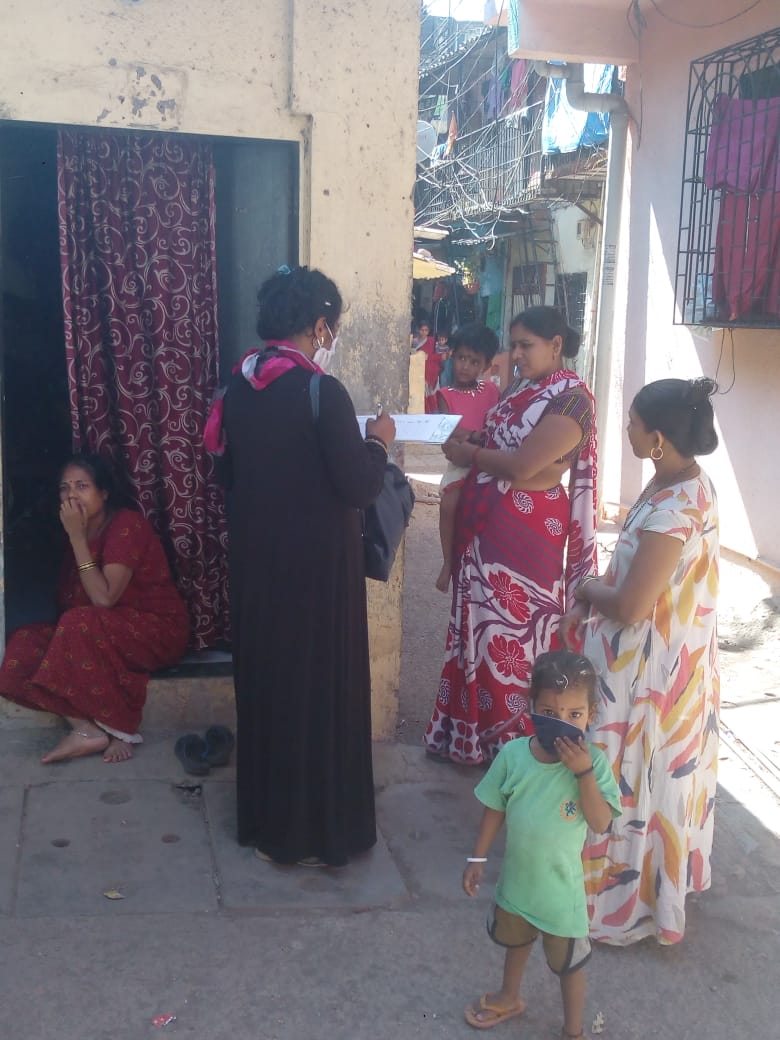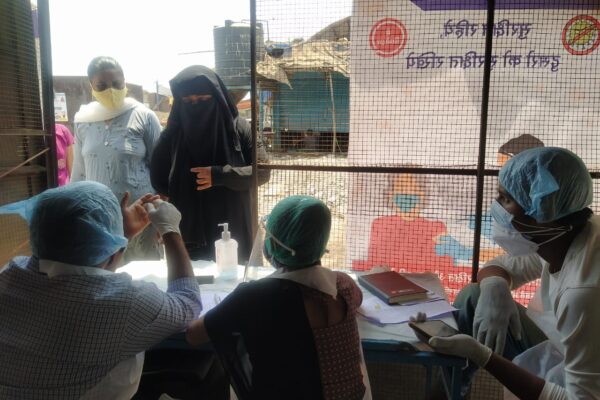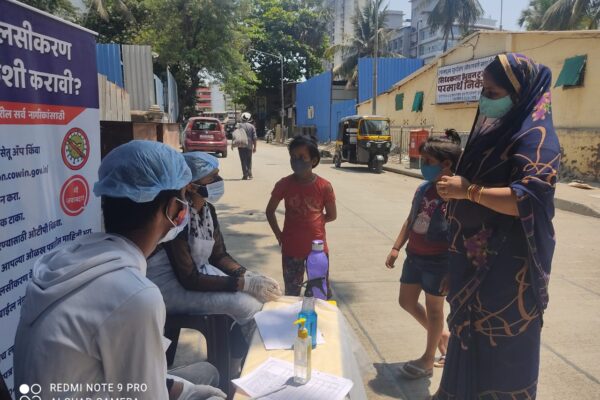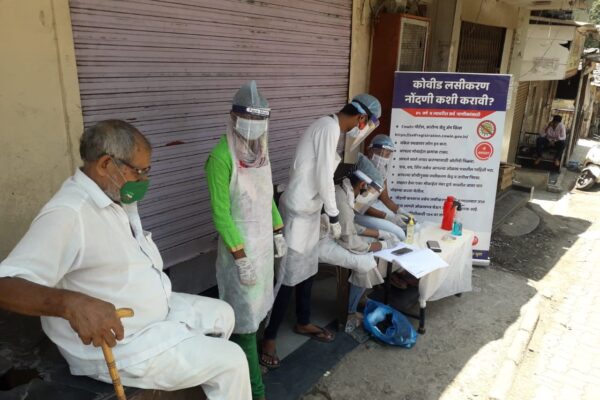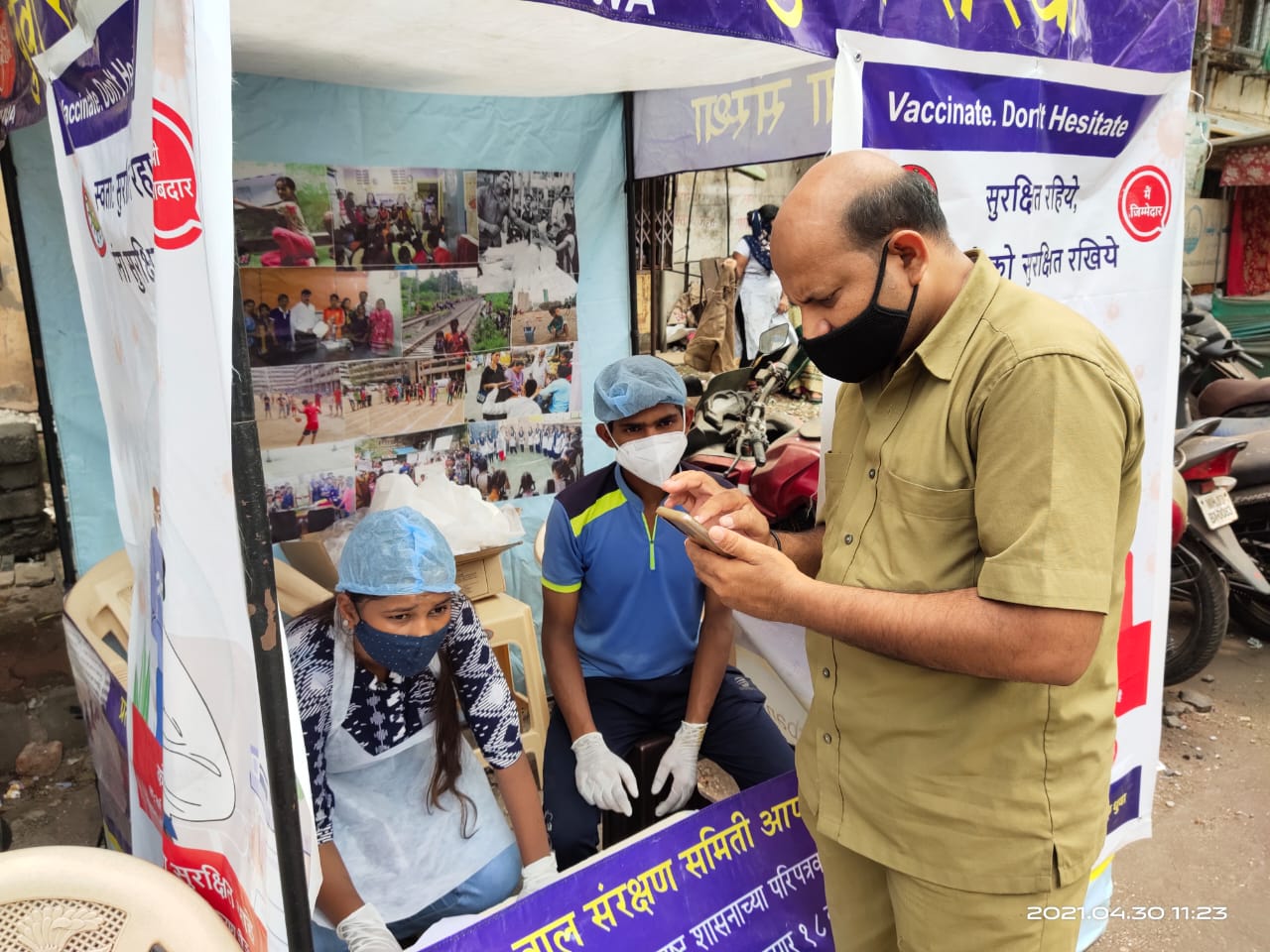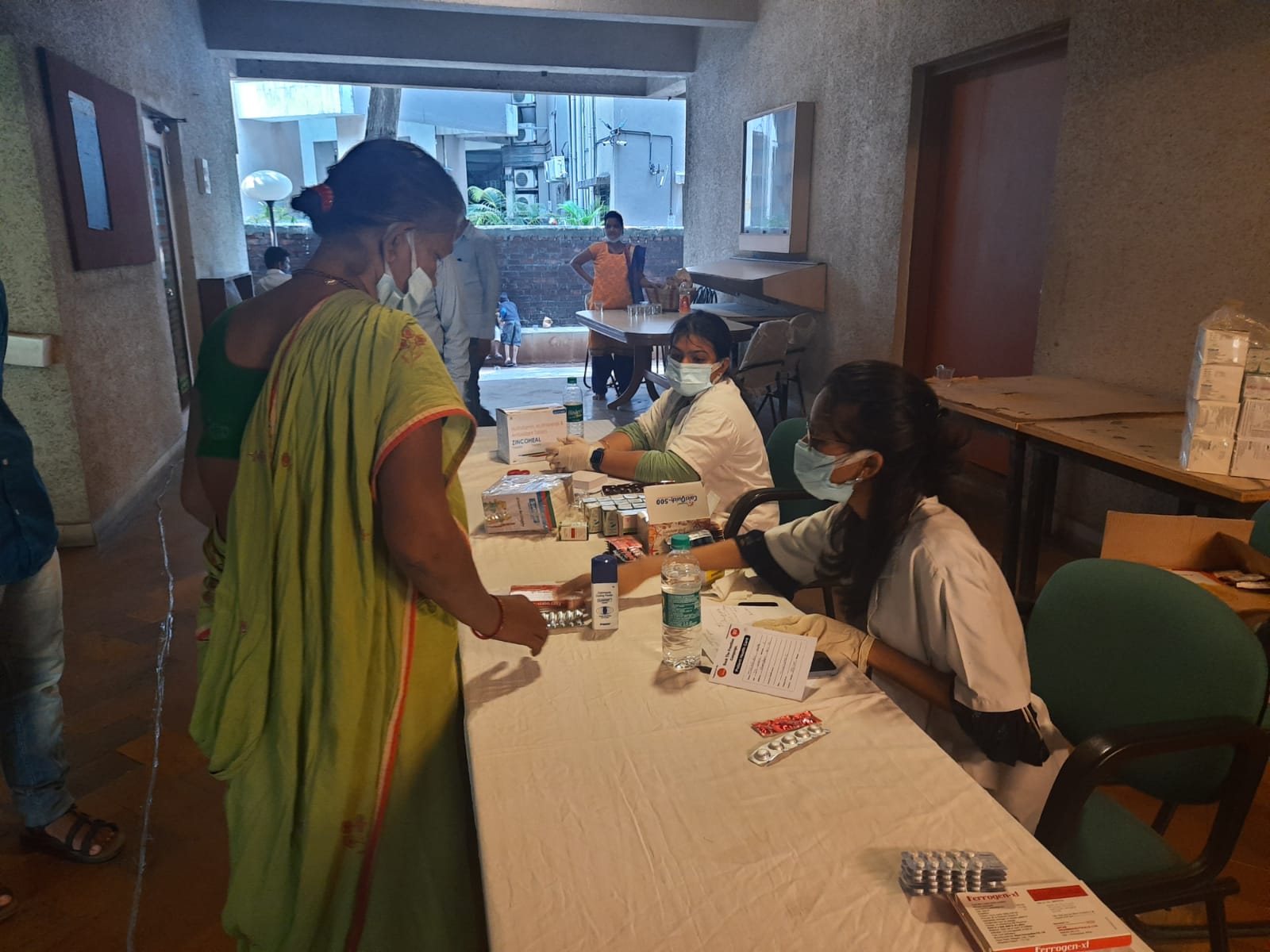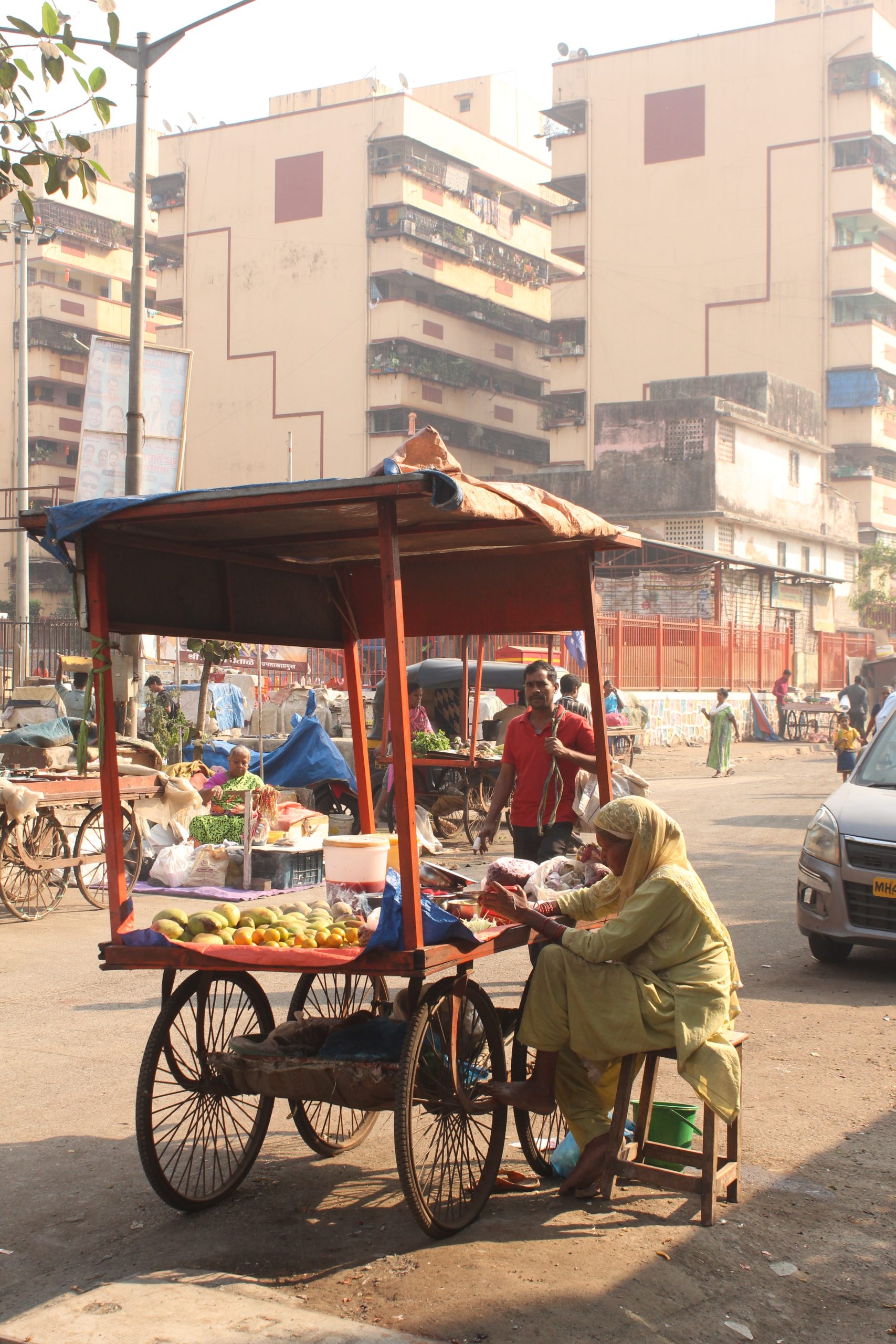This page details our response to the pandemic since March 2020.
We’ve collaborated with multiple stakeholders to dynamically respond to people’s changing needs. We’ve consciously adopted a community-led approach throughout to ensure that people’s dignity and security are upheld.
None of this work would have been possible without the support of multiple partners, well-wishers, networks, organisations, administrative authorities and the support of the people. We thank everyone for their trust and commitment to people’s rights.


